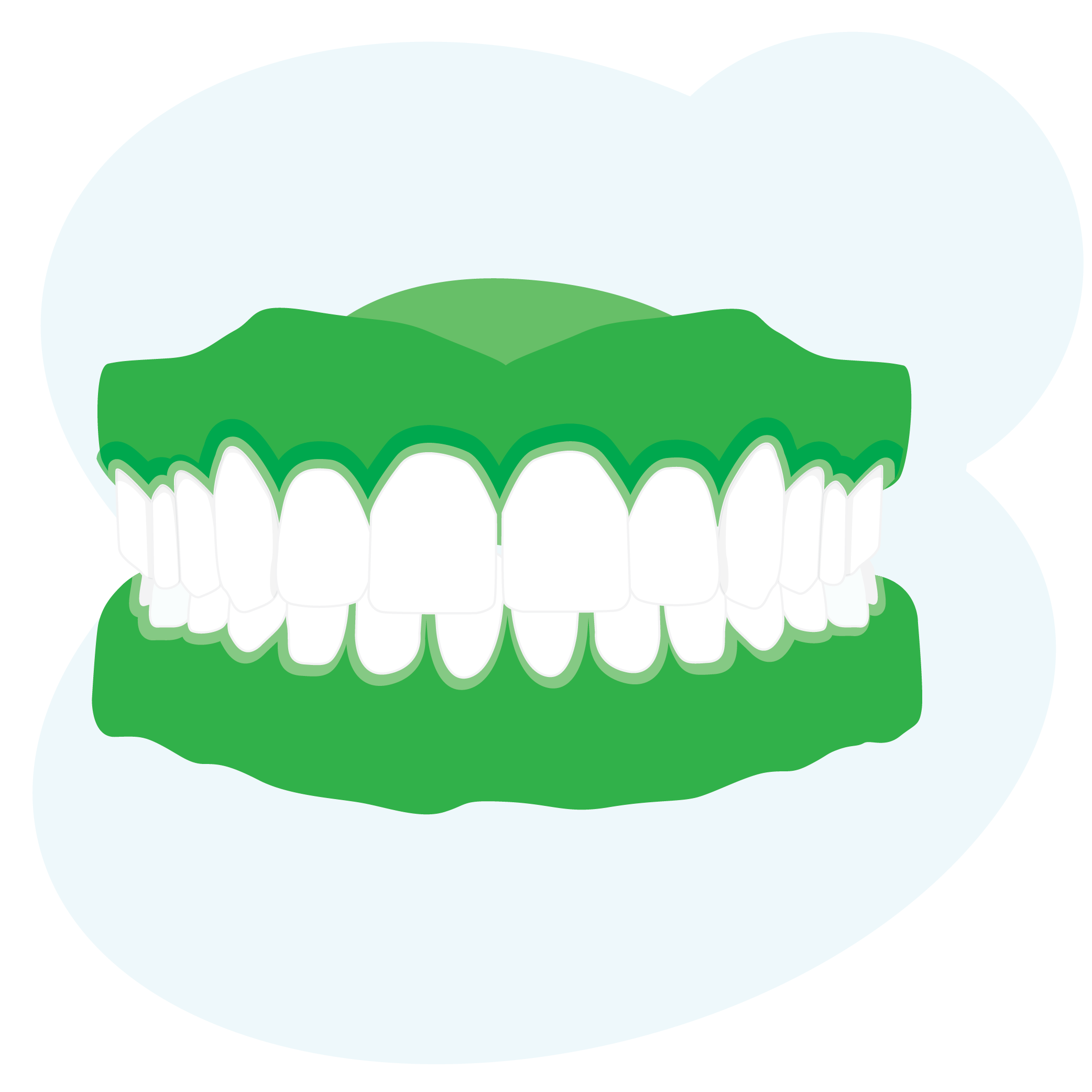
You may be aware of the strong connection between your oral health and your overall health, but have you considered that the same connection exists between mental health and your oral health?
Common mental health conditions such as anxiety and depression as well as specific issues, like eating disorders, impact your oral health. These conditions and issues can lead to unhealthy coping behaviors such as smoking/vaping, binge eating, induced vomiting and physical habits like teeth grinding that can affect oral health.
Learning to manage stress and mental health symptoms in healthier ways can benefit your whole-body health.
Common mental health issues and their effects on oral health
- Eating disorders: In anorexia, acid resulting from self-induced vomiting can directly weaken tooth enamel and cause cavities. Your dental provider may notice a pattern of enamel loss and can refer you to a medical provider. In binge eating, eating large quantities of sugary or starchy foods can contribute to cavities.
- Depression: Lack of motivation or withdrawal from activities may lead to skipping daily hygiene practices. Coupled with habits like smoking/vaping, overeating or drinking excessive alcohol, oral health can suffer. Make twice daily toothbrushing and daily flossing a priority in your routine to help prevent dental problems.
- Anxiety: Unhealthy coping behaviors including teeth grinding/clenching, smoking/vaping and overeating can affect your oral health. Talk with your health care provider about getting help to manage anxiety.
- High levels of stress: Many people have unhealthy ways of dealing with stress including overeating, smoking/vaping, using excessive alcohol or grinding teeth. All of these behaviors can negatively affect your oral health by increasing your risk for cavities, gum disease or tooth fractures. Talk to your dental provider about ways to prevent dental problems at regular preventive visits.
- Medications: Prescription drugs used to treat depression and anxiety can cause dry mouth which can increase your risk of cavities and gum disease. Talk with your dental provider to help avoid dental problems while undergoing treatment.

Resources:
- For help quitting nicotine, click here
- For nicotine addiction resources focused on youth and young adults, click here
- For information on teeth grinding (bruxism), click here.
This information in this post is for general educational purposes only and does not warrant or represent any information as related to health as specifically appropriate for you. It is not intended to be medical advice or replace the relationship that you have with your health care providers. You should always seek medical advice on any diagnosis or treatment from a qualified health care provider. The information is provided “as is” without any representations or warranties, express or implied.






